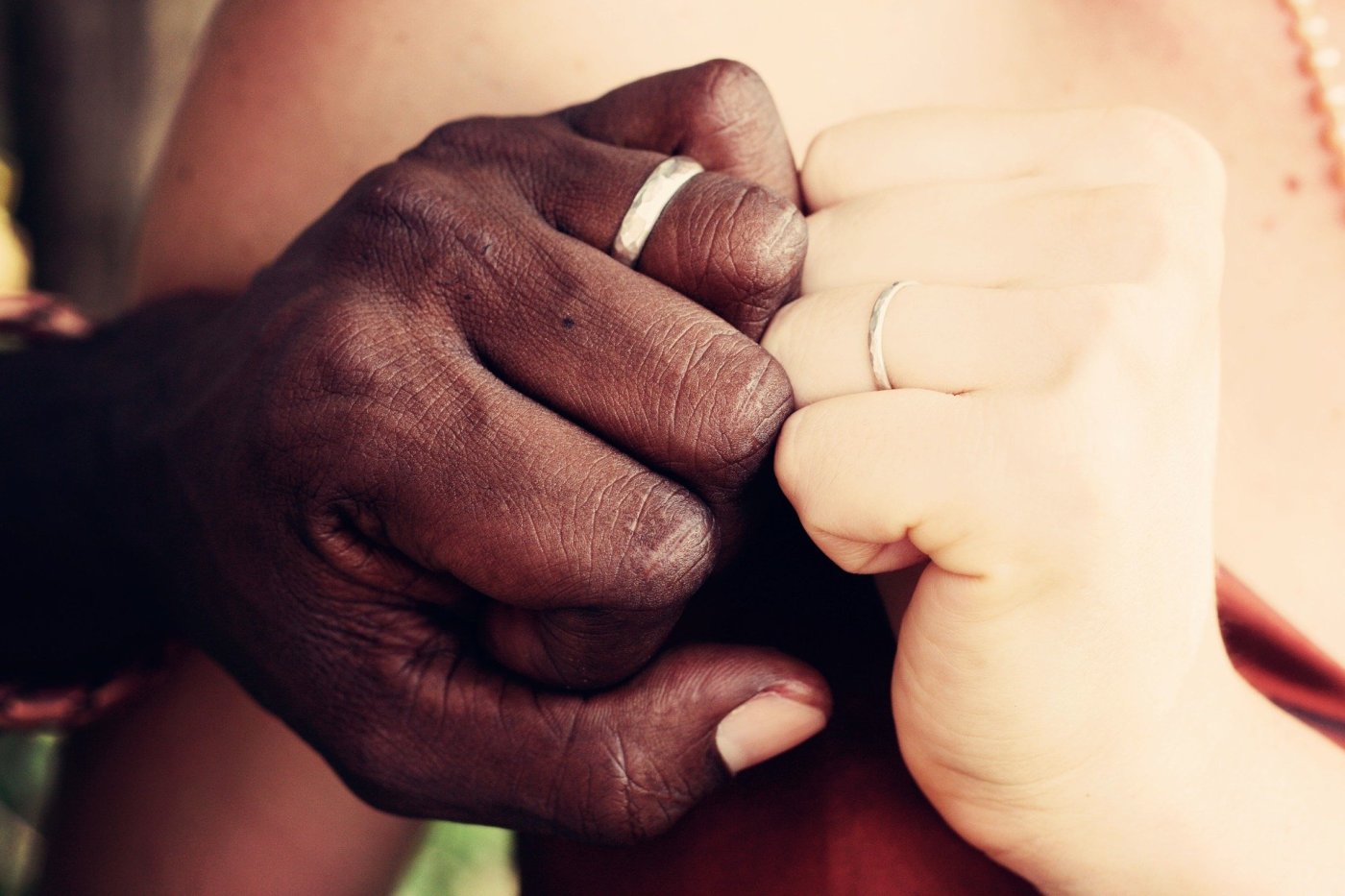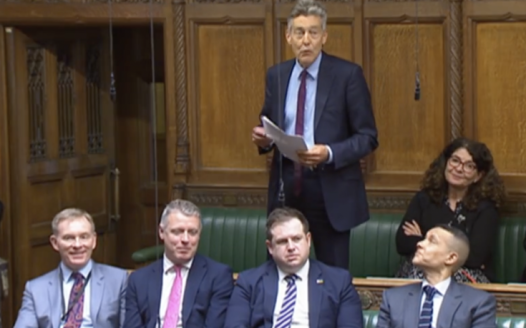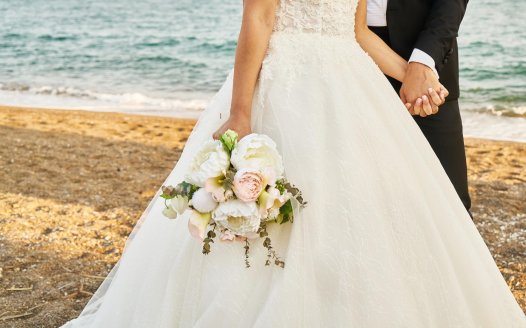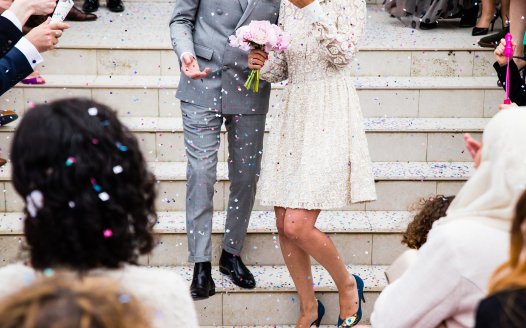Major reform is needed to ensure equality and fairness in marriage law
Posted: Mon, 13th Sep 2021 by Russell Sandberg
Marriage law in England and Wales has failed to keep up with changing social realities. Russell Sandberg, the author of a new book on the topic, calls for change to put couples – not religious institutions – in control.
The Marriage Act 1753 is often understood as providing the foundations of the modern law on marriage. It stated that all marriages except for Jewish and Quaker weddings were to take the form of a public ceremony in the parish church at which a clergyman would officiate according to authorised rites and it required that the marriage be preceded by banns or licence. Breach of any of these requirements, which had previously made a marriage irregular, would now render it void.
Although it was not the first attempt to regularise the performance and registration of marriage, the Marriage Act 1753 is often regarded to be a pivotal moment providing certainty as to who was married and stopping marriages taking place in ways that the state was unaware of. This was problematic because marital status bestowed certain legal rights and social attitudes at the time saw children born out of wedlock as being illegitimate.
Rebecca Probert's work has questioned whether the act largely reinforced existing social conventions, rather than stamping out a serious and prevalent problem of marriages being conducted in various and unusual ways. But the effect of the legislation was clear. Legislation was thought necessary so that the law and social practice on marriage coincided.
Today, the law on marriage in England and Wales is governed by the Marriage Act 1949, a statute that brought together laws that were much older. It can be argued that the perceived problems that led to the Marriage Act 1753 apply once more. There is a disconnect between social practice and the law on intimate adult relationships.
English and Welsh law has failed to keep up with the social reality of how relationships are formed and recognised in the 21st century. Though welcome changes have been introduced in terms of civil partnerships and same sex marriage, a number of relationship forms now exist outside the scope of the Marriage Act 1949.
This includes the increasing numbers of cohabiting couples as well as two other relationship types that I discuss in my new book Religion and Marriage Law: the need for reform. The first is what may be styled as 'non-religious marriages': those ceremonies that are conducted by belief organisations such as Humanists UK or by independent celebrants. Marriage law provides no means by which these can be legally binding in their own right.
The second category is 'unregistered religious marriages': these exist where the couple undergo a religious ceremony that does not comply with the Marriage Act 1949. Religious marriages are recognised under the act but in relation to religious weddings other than Church of England, Church in Wales, Quaker and Jewish ceremonies the ceremony must take place in a registered place of religious worship in order to be legally binding. Otherwise, though the couple are married in the eyes of their faith, they are not married in the eyes of the law.
Marriage law, therefore, discriminates against those who hold non-religious beliefs as well as those religions who are without a building or who have a tradition of marriages taking place outside places of worship.
Couples who enter into either category of weddings need to undergo an additional civil marriage ceremony in order to become legally married. This causes additional expense and is viewed by many, not least the couple themselves, as being unnecessary: who refers to their wedding as the happiest days of their life?
Moreover, many of these couples do not get around to the additional civil ceremony in the registrar office. In some cases this is not a voluntary decision on the part of both of the parties. And it means they lack the legal rights that they often think they will have in the event of separation or death. They are in the same legal position as cohabiting couples under English law. Unlike many jurisdictions, there are limited rights afforded to them on relationship breakdown in England and Wales.
My new book synthesises the debate to date and considers how a new legal framework on intimate adult relationships could be developed. It argues that there is a need to move from a system that regulates buildings to one that regulates officiants. It proposes that because of the difficulties of defining the terms 'religion' or 'belief', the right to nominate officiants should be afforded to any organisation that meets certain minimal requirements. Further, independent celebrants would be able to be registered.
Such reform would solve the concerns around non-religious marriages and would lessen concerns about unregistered religious marriages, since the discriminatory requirements concerning buildings that prevent some religious weddings from complying with the law would be removed.
However, there would still be some unregistered religious marriages – and some of these would not result from a voluntary and witting choice by both of the parties. The introduction of limited cohabitation rights on separation would deal with this, and I recommend the adoption of a system similar to the Scottish model. This would allow a cohabitant to seek a financial order in circumstances where they have suffered a financial detriment as a result of the relationship coming to an end. Cohabitants who don't wish to be bound by these rules could opt out.
My proposals would bring about a modern marriage law that provides no special treatment on grounds of religion or differential rules based on historical quirks. It would allow couples the freedom to choose how they wish to marry and would also provide protection to those marriages that are outside the scope of the current law.
There is a need for a 21st century version of the Marriage Act 1753 – but one that starts from a pluralistic perspective, and which puts the couple themselves in control, not the institutions of organised religion.
Religion and Marriage Law: the need for reform is published by Bristol University Press
Image by Free-Photos from Pixabay.
What the NSS stands for
The Secular Charter outlines 10 principles that guide us as we campaign for a secular democracy which safeguards all citizens' rights to freedom of and from religion.








